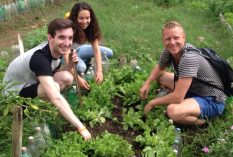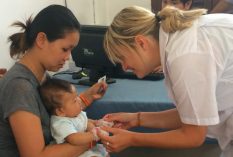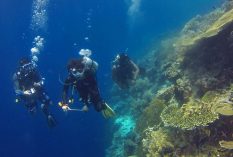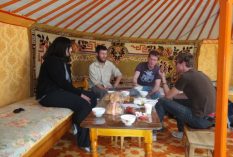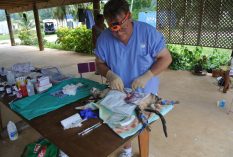So what are you up to in 2015? Instead of spending your summer holidays sipping margaritas by some lazy beach bar or slogging away in a dead end summer job sorting post or collecting navel fuzz while staring at clouds, how about setting out on the path to a new career? With an international internship experience to boast with on your CV, not only will you be more attractive to your future employers, but by getting out there and seeing the world from a new perspective, you will learn to also see yourself in a new light and add something to your list of credentials which is worth more than all the lines of your resume: life experience – and the wisdom that comes with setting somebody else’s needs above your own.
Here are some of our top choices for getting out and experiencing unforgettable moments during 2015, take your pick and get the rest of your life started today. Could there be a better New Year’s resolution?
Panama – Field Biology Research Internship
What’s in it for you?
Quite apart from getting hands-on experience in one of the most unique projects in Latin America, you will be doing so on stunning, pristine lands basically in the middle of the jungle. Excited yet? Throw in some great research projects, trekking across mountains, time off to discover the (other) delights of Panama and a great community spirit, you have  one of the most diverse and exciting internships currently available anywhere.
one of the most diverse and exciting internships currently available anywhere.
What’s in it for them?
By taking part in this genuinely unique project you will be helping to build a sustainable town, creating a new model for future similar projects all over the world – essentially you will be creating the blue print for the sustainable future. Yes, it will be hard work and probably quite uncomfortable at times and certainly you should expect rough living conditions most of the time – but if you are serious about a career in the biology field and that of sustainable community development – you can’t do better than this.
Thailand – Entrepreneurship Internship
What’s in it for you?
 Get into one of the most dynamic and interesting business markets in South East Asia. Thailand is bustling in more ways than one and it’s not just the crowds that keep moving things forward. Getting a foot onto the Asian scene can lead to unimagined opportunities and countless educational moments. But don’t expect to slow down anytime soon, this city never sleeps and in your time off (if you can find it!) there is no end to things you can get up to, from temple gazing, Thai boxing matches, fine dining, street food dinging, world class shopping, old and new expressions of culture, are and music. It’s all here in one great melting pot – the only issue here is finding the time to see it all!
Get into one of the most dynamic and interesting business markets in South East Asia. Thailand is bustling in more ways than one and it’s not just the crowds that keep moving things forward. Getting a foot onto the Asian scene can lead to unimagined opportunities and countless educational moments. But don’t expect to slow down anytime soon, this city never sleeps and in your time off (if you can find it!) there is no end to things you can get up to, from temple gazing, Thai boxing matches, fine dining, street food dinging, world class shopping, old and new expressions of culture, are and music. It’s all here in one great melting pot – the only issue here is finding the time to see it all!
What’s in it for them?
By working on this internship, you will help shape and realize business venture ideas, enabling a generation to generate new income methods and better their future through adapting to the changing global market.
Nicaragua – Renewable Energy Internship
What’s in it for you?
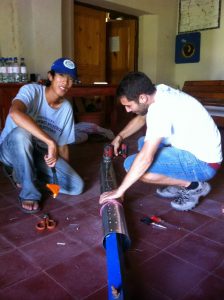 Hands-on experience building and installing solar panels and other solar power products, such as solar ovens. If you are looking for an experience quite far out of the ordinary, this might be it. As you live in the midst of the local community, you are not just working on some project; you are living the project, becoming a part of the fabric of society. And if you are looking to carry out your very own engineering research project, this is a highly flexible environment in which to do so. Just pitch your ideas, get prepared to work hard and enjoy the uniqueness of it all.
Hands-on experience building and installing solar panels and other solar power products, such as solar ovens. If you are looking for an experience quite far out of the ordinary, this might be it. As you live in the midst of the local community, you are not just working on some project; you are living the project, becoming a part of the fabric of society. And if you are looking to carry out your very own engineering research project, this is a highly flexible environment in which to do so. Just pitch your ideas, get prepared to work hard and enjoy the uniqueness of it all.
What’s in it for them?
Help a small rural community continue building a sustainable society and work towards eradicating health problems caused by wood fired ovens. A large issue across most of South America is the rapid deforestation development, in some measures exacerbated by the use of aforementioned wood ovens. Through continued education and spreading awareness of alternative solar powered methods for creating energy, more and more communities in rural Nicaragua can take the step from a destructive and ultimately finite power supply, into a sustainable future. Another important step on this journey is to implement far-reaching reforestation programmes, to stop land erosion and rebuild a shattered and fragile eco-system.
Honduras – Wildlife Research Internship
What’s in it for you?
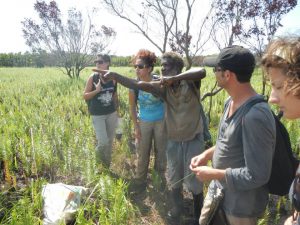 Work on small research facility on the gorgeous island of Utila off the coast of Honduras. Here you will take part in groundbreaking research into the indigenous and endangered species of the local flora and fauna. For those with a keen interest in bats, reptiles and insects, this is an unparalleled opportunity for gaining experience, working hands-on with tagging, monitoring and evaluating research data. Oh, and it just so happens to be one of the best and most affordable diving spots on the planet. Or what’s traditionally termed a win-win situation.
Work on small research facility on the gorgeous island of Utila off the coast of Honduras. Here you will take part in groundbreaking research into the indigenous and endangered species of the local flora and fauna. For those with a keen interest in bats, reptiles and insects, this is an unparalleled opportunity for gaining experience, working hands-on with tagging, monitoring and evaluating research data. Oh, and it just so happens to be one of the best and most affordable diving spots on the planet. Or what’s traditionally termed a win-win situation.
What’s in it for them?
Wildlife conservation work in Honduras receives little to no funding or backing from official sources. This is painstaking, slow and hard work, yet the results yielded from published research reports so far, show that there is a real concern for the perpetuation of and state of health of several local species, indicating that if no action is taken, key elements of the island’s eco-system might soon be gone forever, with un-foretold consequences to take into account.
Tanzania – Human Rights & Legal Aid Internship
What’s in it for you?
 For students of law and human rights issues, taking part in this internship will provide great scope for gaining insight into a society where these rights are very often put to the side or simply ignored. You will be gaining experience working side by side with local staff as they provide legal assistance for the section of Tanzanian society that is most in need of it; working class women. If you find it all gets a little bit too serious, take some time off to climb Kilimanjaro or go gaze at wildlife in one of the world heritage national parks.
For students of law and human rights issues, taking part in this internship will provide great scope for gaining insight into a society where these rights are very often put to the side or simply ignored. You will be gaining experience working side by side with local staff as they provide legal assistance for the section of Tanzanian society that is most in need of it; working class women. If you find it all gets a little bit too serious, take some time off to climb Kilimanjaro or go gaze at wildlife in one of the world heritage national parks.
What’s in it for them?
The legal aid office with which you will be working receives no government funding and operates entirely on a voluntary basis. For many local women, this is not just the last, but also the only recourse if they find themselves in need of legal advice. For many women, realizing these rights exists is the very first hurdle to overcome and with your help, the centre can spread awareness of these fundamental basics to more and more communities, slowly but surely affecting a changing society, in which both men and women can be seen as equals.


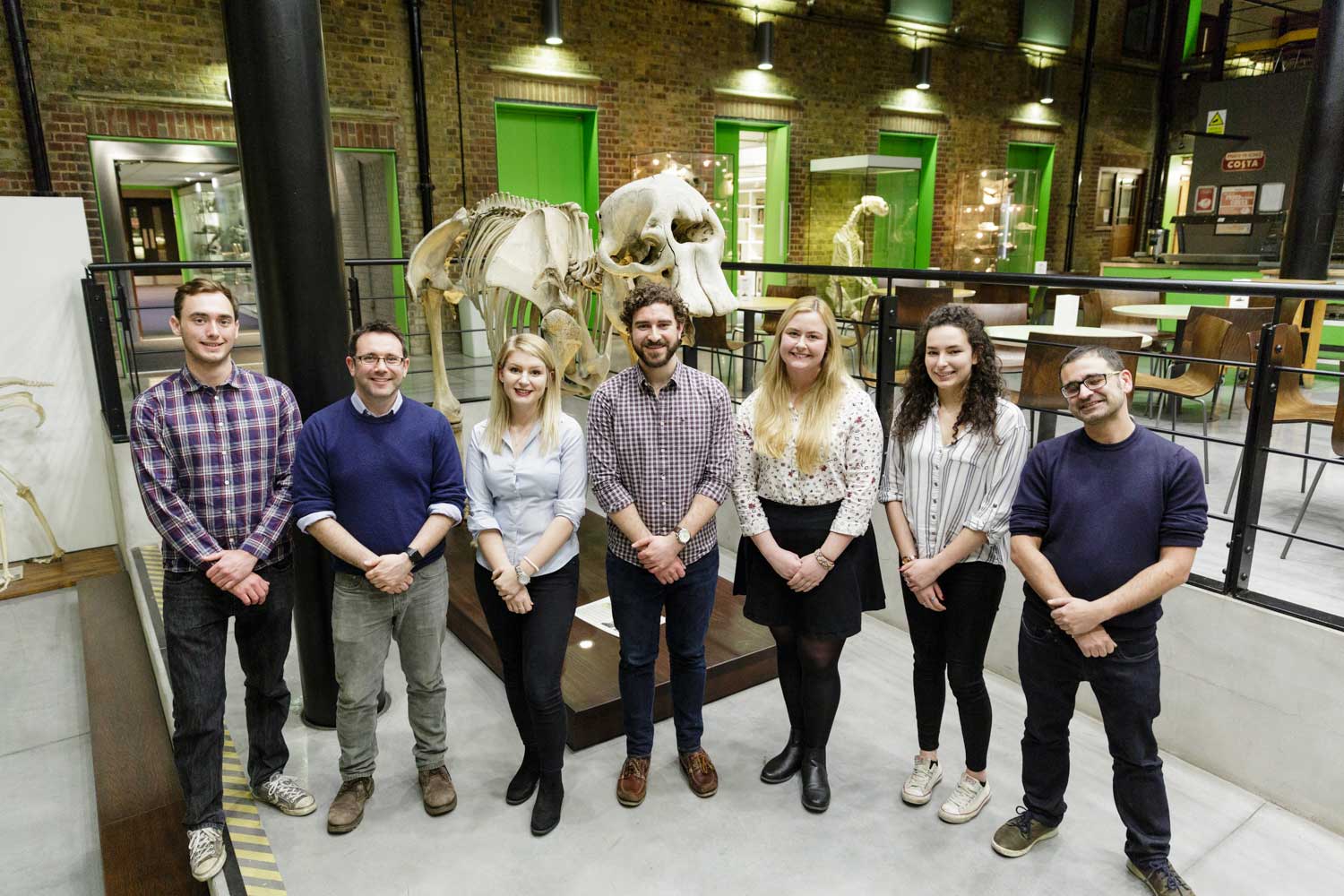
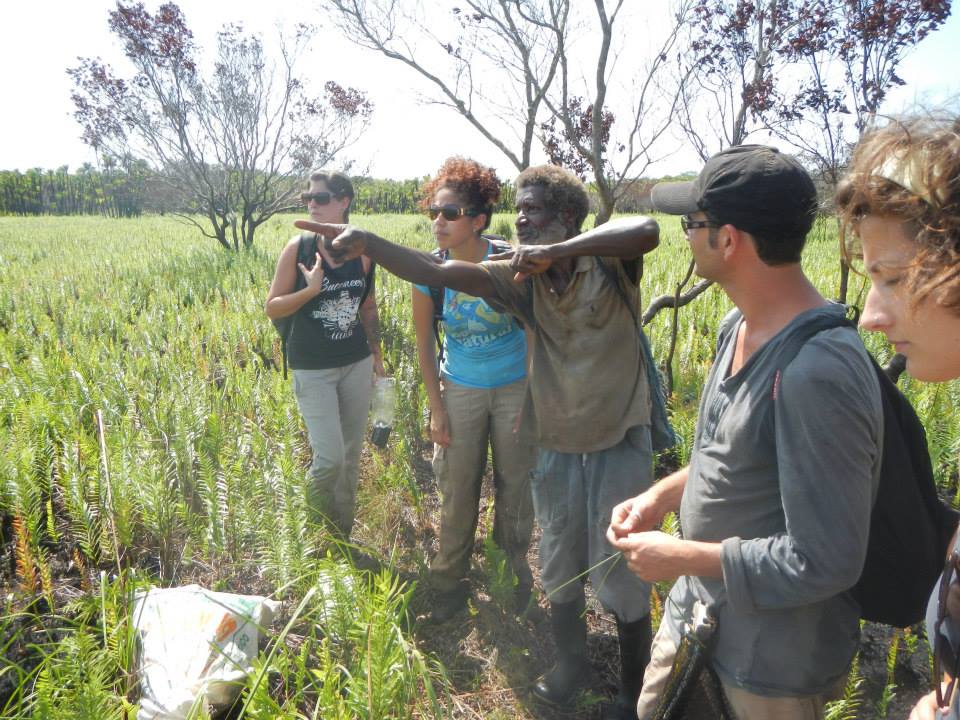
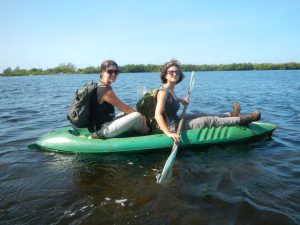 The smallest of the main three Bay Islands is Utila, famous in our modern day for being one of the most affordable diving meccas in the world. Many divers still search the deep blue for treasures hidden since the days of the buccaneers, however most come to catch a glimpse of the shark whale and enjoy the marine scenery of the more than 80 dive sites surrounding the island.
The smallest of the main three Bay Islands is Utila, famous in our modern day for being one of the most affordable diving meccas in the world. Many divers still search the deep blue for treasures hidden since the days of the buccaneers, however most come to catch a glimpse of the shark whale and enjoy the marine scenery of the more than 80 dive sites surrounding the island.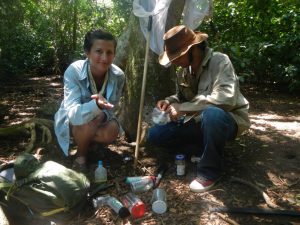 offering a broad scope of scientific study. Participants can choose to take part in all five research areas; Bats, Iguanas, Snakes, Insects and GIS Mapping, or concentrate on just one for a more in-depth scientific experience. The iguana research program focuses on the Ctenosaura bakeri, also known as the Swamper Iguana. This is a highly endangered species only found on Utila, habitually residing in the islands mangrove forests. As tourism on Utila has boomed formidably in recent years, more and more development is underway to support the growing tourist infrastructure. Unfortunately, due to lack of education and government support, very little is done to take environmental conservation into consideration, resulting in a severe decrease in mangrove areas. Adding to the problem is the old Utila habit of catching the Swamper Iguana to be sold as a delicacy, catching a far higher price than other, more sustainable sources of food, despite the fact that hunting of the species has been banned since 1994.
offering a broad scope of scientific study. Participants can choose to take part in all five research areas; Bats, Iguanas, Snakes, Insects and GIS Mapping, or concentrate on just one for a more in-depth scientific experience. The iguana research program focuses on the Ctenosaura bakeri, also known as the Swamper Iguana. This is a highly endangered species only found on Utila, habitually residing in the islands mangrove forests. As tourism on Utila has boomed formidably in recent years, more and more development is underway to support the growing tourist infrastructure. Unfortunately, due to lack of education and government support, very little is done to take environmental conservation into consideration, resulting in a severe decrease in mangrove areas. Adding to the problem is the old Utila habit of catching the Swamper Iguana to be sold as a delicacy, catching a far higher price than other, more sustainable sources of food, despite the fact that hunting of the species has been banned since 1994.
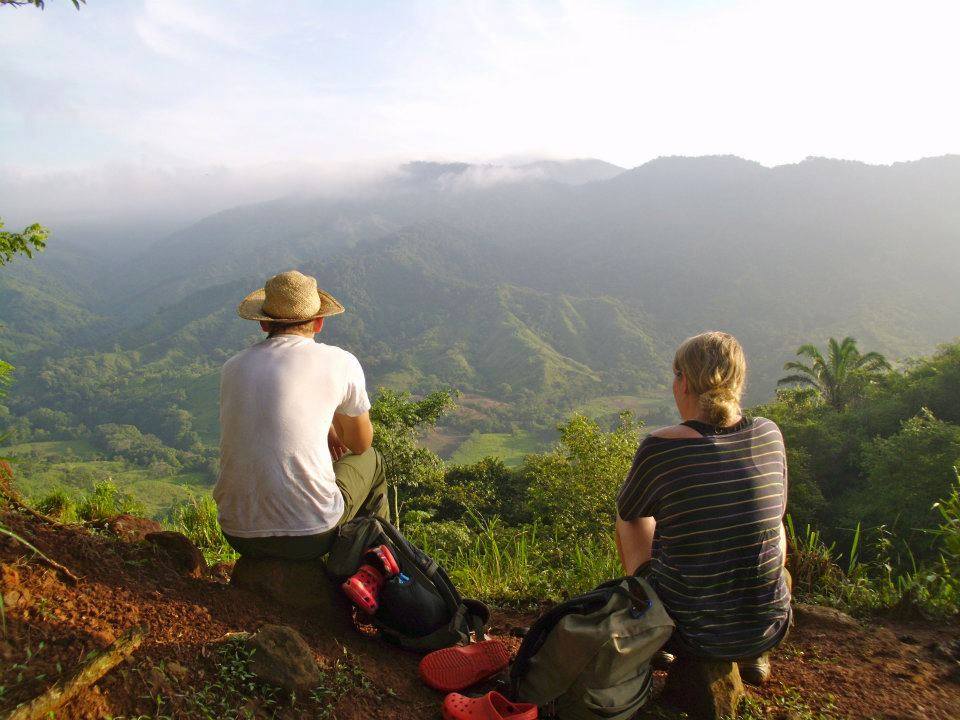
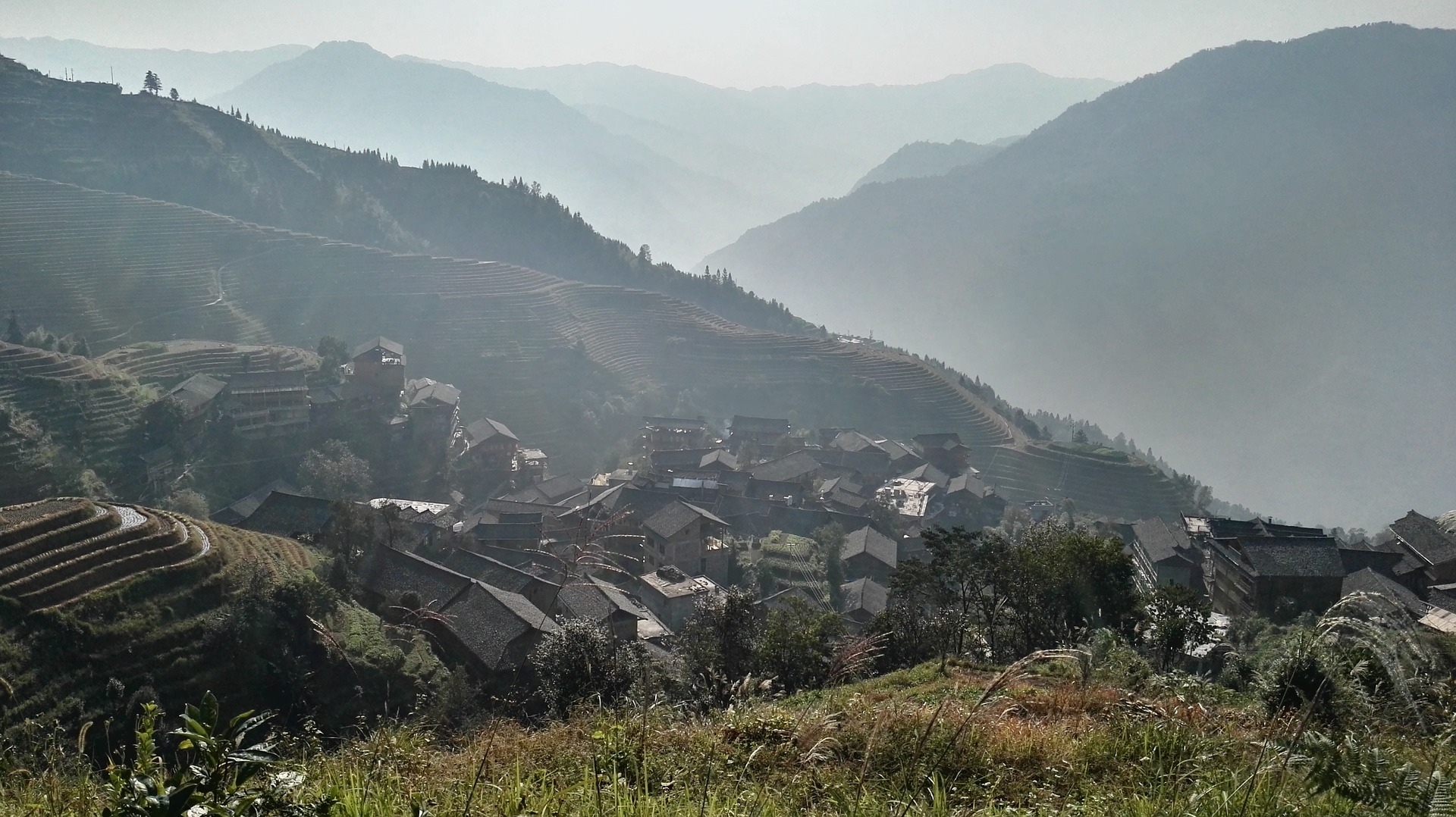
 Some of the core differences between urban and rural China are not too dissimilar to anywhere else, although the scale of them may come as something of an eye-opener. There is a far bigger gap between rural and urban China than there is rural and urban England, for example. Some of the most noticeable aspects are to do with the basic living conditions and standards. While modern Chinese cities are set-up to cater for people from all over the world, with amenities, luxuries and imported goods to match, living in the countryside can sometimes feel like living in a previous era. This is not always a bad thing; modern Chinese cities are some of the busiest, most hectic and most polluted in the world. Living in the countryside is a more tranquil experience, with cleaner air and fewer people, but can you handle Chinese toilets, a lack of good night life, and a complete dearth of real cheese? Because good luck finding that in the (very) local supermarket.
Some of the core differences between urban and rural China are not too dissimilar to anywhere else, although the scale of them may come as something of an eye-opener. There is a far bigger gap between rural and urban China than there is rural and urban England, for example. Some of the most noticeable aspects are to do with the basic living conditions and standards. While modern Chinese cities are set-up to cater for people from all over the world, with amenities, luxuries and imported goods to match, living in the countryside can sometimes feel like living in a previous era. This is not always a bad thing; modern Chinese cities are some of the busiest, most hectic and most polluted in the world. Living in the countryside is a more tranquil experience, with cleaner air and fewer people, but can you handle Chinese toilets, a lack of good night life, and a complete dearth of real cheese? Because good luck finding that in the (very) local supermarket.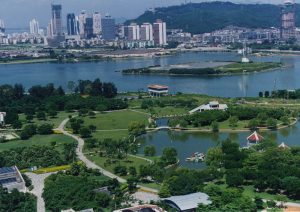

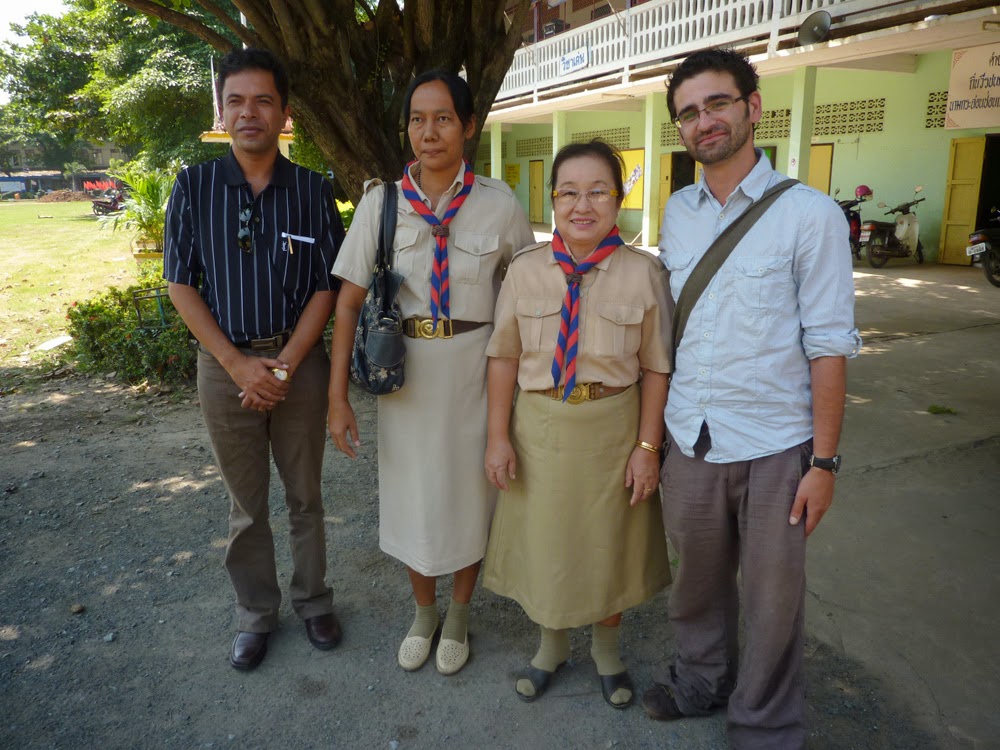

 Here at Global Nomadic we like to celebrate both the unusual and the usual and have arranged our own Selfie Glolympics! However, instead of unusual situations, we are asking participants to send us your selfies, taken on location abroad, be it a volunteer project or a short holiday trip, showcasing all the beautiful corners of our world, and your place in it.
Here at Global Nomadic we like to celebrate both the unusual and the usual and have arranged our own Selfie Glolympics! However, instead of unusual situations, we are asking participants to send us your selfies, taken on location abroad, be it a volunteer project or a short holiday trip, showcasing all the beautiful corners of our world, and your place in it.